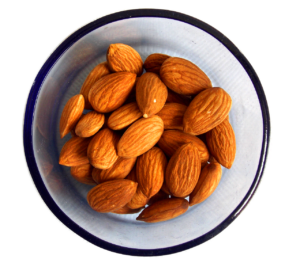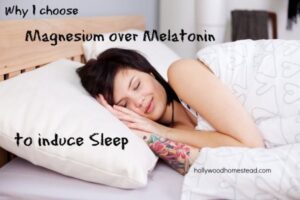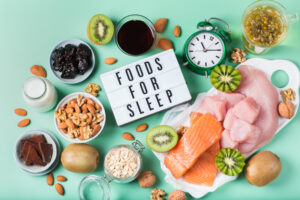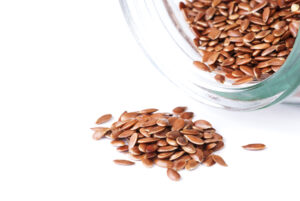Cilantro is an herb with small green, fan-shaped leaves and long, tender stalks. It also goes by the name of coriander, although coriander is actually a spice derived from the dried seeds of cilantro.
The benefits of cilantro are many. It’s rich with vitamins and minerals and has many proven health and therapeutic benefits, as well as a variety of cooking and seasoning uses.
What are the vitamins in cilantro?
The Nutrition Data website writes that cilantro is a very good source of the B vitamins. It is also high in zinc, dietary fiber, vitamin A, vitamin C, vitamin E, vitamin K, calcium, iron, magnesium, phosphorus and potassium.
What are the health benefits of cilantro?
According to Medical News Today, cilantro fights pain and inflammation, enhances skin health and has anti-fungal and anti-cancer properties. Per Dr. Josh Axe, this plant removes heavy metals from the body, cleanses the urinary tract, settles digestive upset, protects against food poisoning and acts as a sedative.
Cilantro naturally calms anxiety and helps sleep
In studies from medical schools and universities in India, cilantro has been found effective for calming anxiety and improving sleep due to its qualities as a natural sedative. One animal study from the School of Pharmacy in Jaipur, India discovered that there were dose-dependent effects from cilantro as an anti-anxiety and relaxation agent, meaning that when more was taken, the more pronounced the results were.
In this study, when the higher dose of cilantro extract was given, it reduced anxiety and provided relaxation equally as well as the prescription drug valium. The side effects of valium include agitation, memory problems, weakness of the muscles, confusion and hallucinations — so taking extracts of cilantro could avoid these effects.
In a report from the Indian Journal of Pharmacology, the author writes that cilantro seed oil contains linalool as its major essential oil component. Essential oils contain the plant’s active “lifelike” properties and are said to be the “blood” of the plant. Linalool has marked benefits for the nervous system, including sedative and anti-convulsant properties. In human studies, linalool was shown to have calming, relaxing, and anti-anxiety effects.
What is cilantro used for?
It can be used to make sauces, dressings, salsa, guacamole, soups, stews, curry dishes with meat or seafood, and also added to salads, rice dishes and vegetable dishes. It’s best to use cilantro raw, as the benefits of cilantro may be reduced when it is introduced to heat. Add the freshly chopped cilantro to any heated recipes just prior to serving. The leaves can also be soaked in cool water and then strained and used as a tea.
As a note, be sure to buy cilantro for these benefits rather than parsley. Cilantro can also be called Chinese parsley or Mexican parsley, so take care to buy regular, fresh cilantro in the produce section.
This natural health news is shared by Nutrition Breakthroughs, a publisher of nutrition news and a supplier of natural remedies since 2002. Nutrition Breakthroughs makes Sleep Minerals II, the effective natural sleep aid with calcium, magnesium, zinc and vitamin D.
Tammy M. of Meridian, Idaho says: “I was plagued with insomnia for five years and desperate for a breakthrough. Nothing has helped me more than Sleep Minerals — I’m so sold on them I could go door to door promoting them. I’m 60 years old and have never slept so soundly.”
Cilantro is an herb with small green leaves and long, tender stalks. It also goes by the name of coriander, although coriander is actually a spice derived from the dried seeds of cilantro. When the cilantro plant flowers, the seeds produced are called coriander seeds. The leaves and flowers have very different tastes and uses in cooking.
The Nutrition Data website writes that cilantro is a very good source of the B vitamins. It is also high in zinc, dietary fiber, vitamin A, vitamin C, vitamin E, vitamin K, calcium, iron, magnesium, phosphorus, potassium, copper and manganese.
In studies from medical schools and universities in India, cilantro has been found effective for calming anxiety and improving sleep due to its qualities as a natural sedative. One animal study from the School of Pharmacy in Jaipur, India discovered that there were dose-dependent effects from cilantro as an anti-anxiety and relaxation agent, meaning that when more was taken, the more pronounced the results were.














